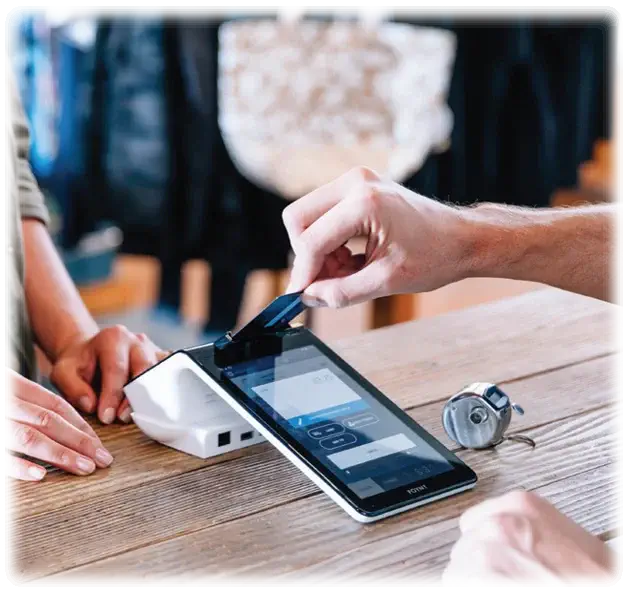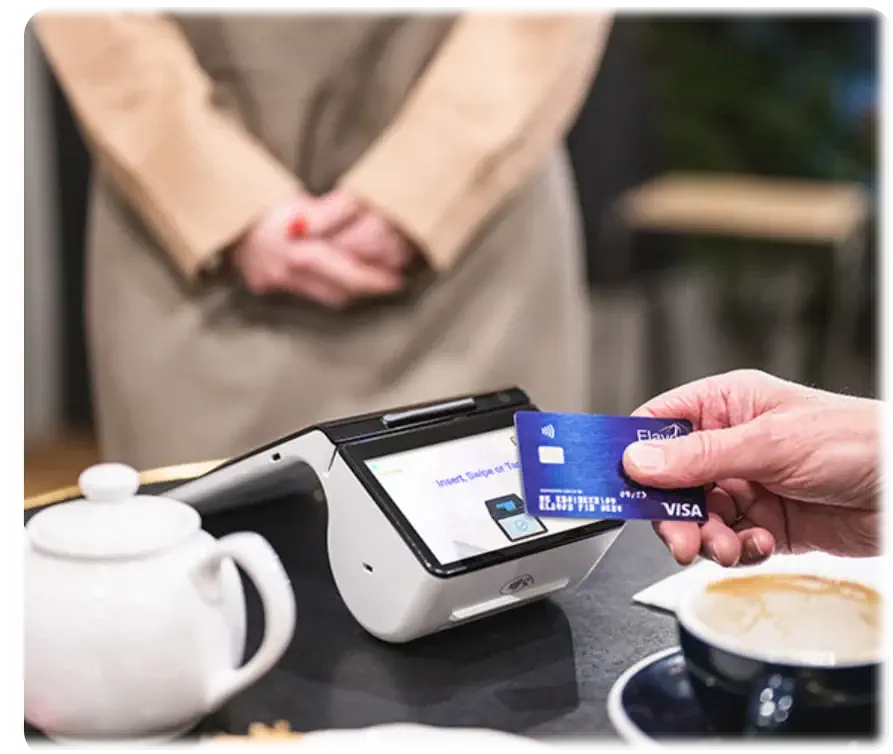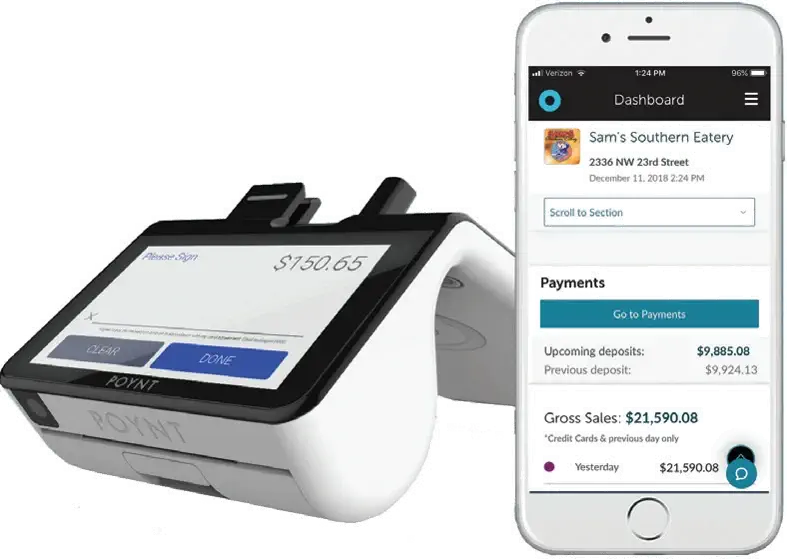How Secure Is Your Payment Processor? Red Flags to Watch Out For

In the digital age, where every transaction is just a tap away, security is not just a feature—it's a necessity. Imagine this: Your business is thriving, sales are flowing, and then, suddenly, a data breach compromises sensitive customer information. The fallout? Lost revenue, damaged reputation, and a mountain of compliance issues. Unfortunately, this scenario is not rare. In the USA alone, data breaches related to payment processing systems have cost businesses millions of dollars and eroded consumer trust.
The good news? Choosing the right payment processor can shield your business from these risks.
A payment processor is more than just a facilitator of transactions. It is the gatekeeper of your customers' sensitive data. Every step from merchant services to credit card processing involves transferring critical information. This blog will guide you through the key security features to look for, the red flags to avoid, and actionable steps to ensure your payment processor is a fortress against cyber threats.
Why Payment Processor Security Matters
A payment processor acts as a bridge between your business and your customers' financial institutions. If this bridge is not secure, sensitive data such as credit card information could be at risk. Data breaches can have devastating consequences in the USA, where businesses heavily rely on credit card processing and merchant services. They can lead to financial theft, undermine customer trust, and attract hefty fines for non-compliance with standards like PCI DSS (Payment Card Industry Data Security Standard).
When a payment processor fails to safeguard sensitive data, it opens the door to hackers who can intercept transaction details, clone credit cards, or conduct unauthorized transactions. For businesses, this could mean financial liabilities, loss of customers, and even legal repercussions. Choosing a secure payment processor is not just about financial transactions but about building a resilient business infrastructure.
Red Flags to Watch Out For
Spotting red flags early can save your business from potential security nightmares. Be wary of these signs when evaluating payment processors or merchant service providers in the USA:
Lack of Transparency in Fees: Hidden fees might indicate poor business practices. A reputable merchant services provider will always provide transparent, upfront pricing. Complex fee structures can also make it challenging to predict processing costs, leading to financial strain.
No Mention of PCI Compliance: If a payment processor doesn't openly discuss their compliance with security standards, it's a major red flag. Non-compliance compromises security and can result in fines and penalties for your business.
Outdated Technology: Avoid providers not using modern security measures like tokenization, encryption, or advanced fraud detection tools. Outdated systems are more vulnerable to cyberattacks, which can lead to significant financial and data losses.
Poor Customer Support: Inadequate support can become a serious issue if a security breach occurs. Look for payment processors with responsive, knowledgeable support teams who can guide you during critical situations. 24/7 support is ideal for addressing urgent security concerns.
Negative Security Reviews: Check online reviews and forums for any mentions of security breaches, fraudulent transactions, or poor dispute handling by the payment processor. Consistent negative feedback about security issues is a strong indicator to look elsewhere.
Key Security Features of a Reliable Payment Processor
When selecting a merchant service provider or a payment processor, look for these critical security features:
Encryption & Tokenization: Encryption scrambles data during transmission, ensuring only authorized parties can access it. Tokenization replaces sensitive information with random tokens, keeping credit card information safe and rendering data useless to hackers if breached.
PCI Compliance: Ensure the merchant services provider adheres to PCI DSS standards, which mandate robust security practices to protect cardholder data. Compliance involves regular security assessments and maintaining secure networks.
Fraud Detection Tools: Advanced payment processors offer real-time monitoring and use AI-driven systems to identify and block suspicious transactions. Features like machine learning, anomaly detection, and transaction velocity checks can help detect potential fraud before it affects your business.
Chargeback Management: A reliable payment processor will have tools to handle disputes and minimize chargeback risks. They should support disputing illegitimate claims and offer insights into transaction disputes.
Two-Factor Authentication (2FA): Adding an extra layer of security to both the business dashboard and customer transactions helps prevent unauthorized access. 2FA requires a second verification form, reducing the risk of compromised accounts.
How to Vet a Payment Processor for Security
Choosing a secure payment processor involves thorough research and a few practical steps:
Research & Reviews: Look for independent reviews and feedback from other businesses using their services. Websites like Trustpilot, G2, and Capterra offer unbiased insights into the security and reliability of payment processors.
Request Security Information: Don’t hesitate to ask for detailed information about their security protocols, including how they handle sensitive data and their incident response strategies.
Test Their Support: Contact their support team with specific questions about security measures and see how well they respond. A proactive and well-informed support team indicates a company that prioritizes security.
Look for Certifications: Reputable payment processors should provide proof of PCI compliance and other security certifications. Look for certifications such as SOC 2, EMV compliance, and ISO 27001, demonstrating strong data security and management practices.
The security of your payment processor directly impacts your business’s financial health and customer trust. Whether dealing with a standalone payment processor or a full-service merchant service provider, being aware of red flags can prevent costly mistakes. You can keep your business and customer data safe by prioritizing security features like encryption, PCI compliance, and fraud detection tools. Don’t wait for a security breach to happen—audit your current payment processor today or reach out to a trusted merchant service provider to ensure your systems are secure and compliant with industry standards.
With the proper precautions, your business can thrive in a secure environment where you and your customers feel confident and protected.



























